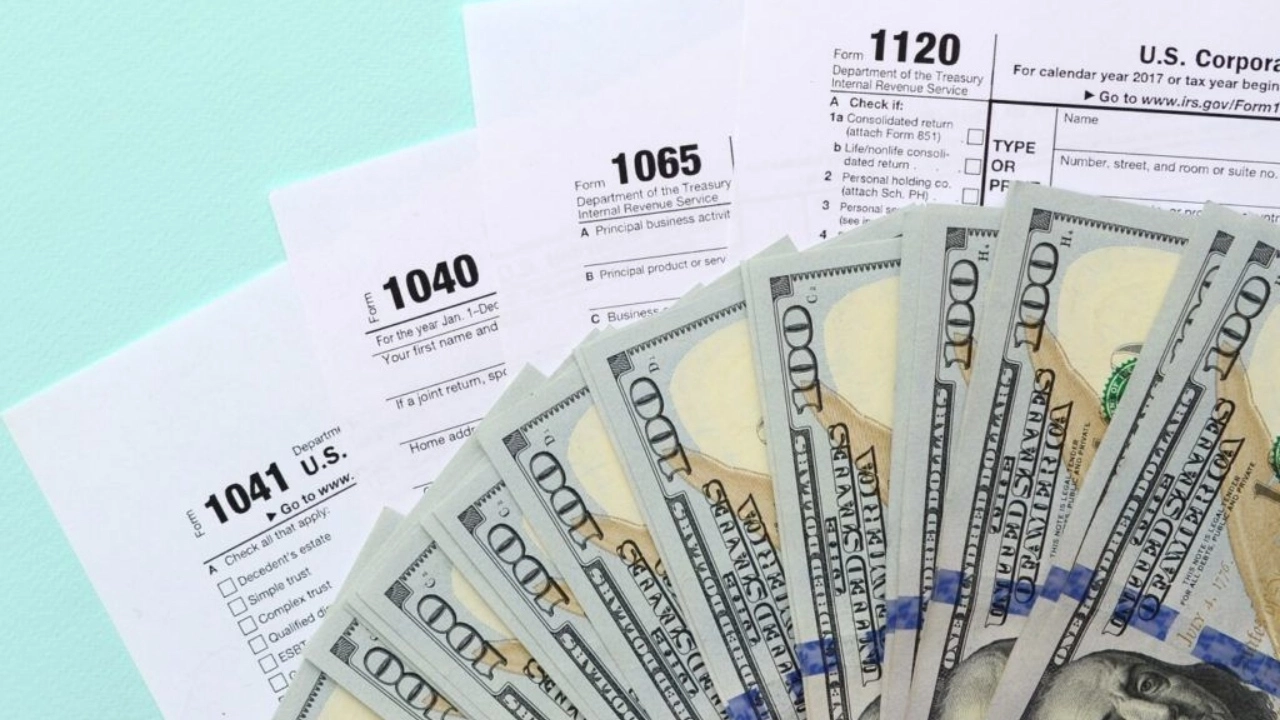A pioneering California cannabis company said it struck a deal with the IRS to clear it of tax debt under Section 280E of the federal tax code, ending a long-running dispute between the business and the agency.
StateHouse Holdings, formerly known as Harborside, said in a news release it agreed to a payment plan with the IRS to settle a $22 million federal tax bill.
Under the deal, the Oakland-based company will pay the IRS $50,000 a month for 116 months.
The taxes owed were from the 2007 to 2012 tax years and the 2020 fiscal year, according to the release.
The total repaid will add up to just $5.8 million, roughly $15 million less than the business owes the IRS, if the payments don’t increase over time.
The IRS will reassess StateHouse’s financials in two years and could increase the monthly payments depending on how well the business is doing.
But StateHouse said it doesn’t expect those reviews to end in a “material increase” to its monthly payments.
The earlier tax filings from 2007-12 were the subject of a multiyear court fight by Harborside, first at the U.S. Tax Court in 2019 and then at the 9th Circuit Court of Appeals last year.
But Harborside lost those battles, and the newly rebranded company, StateHouse Holdings, has shown less of an appetite for cannabis activism litigation than Harborside’s co-founder, Steve DeAngelo.
StateHouse CEO Ed Schmults said in the release that the payment-plan deal is a “landmark agreement for our company.”
“The agreement demonstrates that we can successfully manage the challenging taxation issues arising from the IRS 280E Tax Code, until there is reform at the federal level,” Schmults said.
The deal itself is par for the course, said San Francisco cannabis attorney Henry Wykowski, who used to represent Harborside for years, including in the company’s court fights with the IRS.
“I don’t think this is anything unusual,” said Wykowski, who parted ways with Harborside a few years ago. “My understanding is they had to submit financial statements, and based on those … the IRS put them on a payment plan.
“We do that for people all the time,” the attorney added, referring to other marijuana businesses that find themselves owing the IRS hefty tax bills under 280E and need to negotiate payment plans to stay afloat.
Stay informed with MJBiz Newsletters
MJBiz’s family of newsletters gives cannabis professionals an edge in this rapidly changing industry.
Featured newsletters:
- MJBizDaily: Business news for cannabis leaders in your inbox each morning
- MJBiz Cultivator: Insights for wholesale cannabis growers & vertically integrated businesses
- MJBizCon Buzz: Behind-the-scenes buzz on everything MJBizCon
- MJBiz Retail + Brand: New products, trends and news for cannabis retailers, distributors and marketers
- Hemp Industry Week: Roundup of news from hemp farming to CBD product manufacturing
- And more!
The IRS’ approach in the StateHouse situation, Wykowski explained, is a compromise win for both sides.
“What the payment plan does is it allows Harborside to stay in business and the IRS to get paid,” Wykowski said.
But, he added, “at best, it’s uncertain as to how much (StateHouse will) pay.”
He cited the two-year reassessment, noting that if StateHouse is performing significantly better financially, the company might have to pay more of the original tax bill.
StateHouse trades as STHZ on the Canadian Securities Exchange and STHZF on the over-the-counter markets.
John Schroyer can be reached at john.schroyer@mjbizdaily.com.





